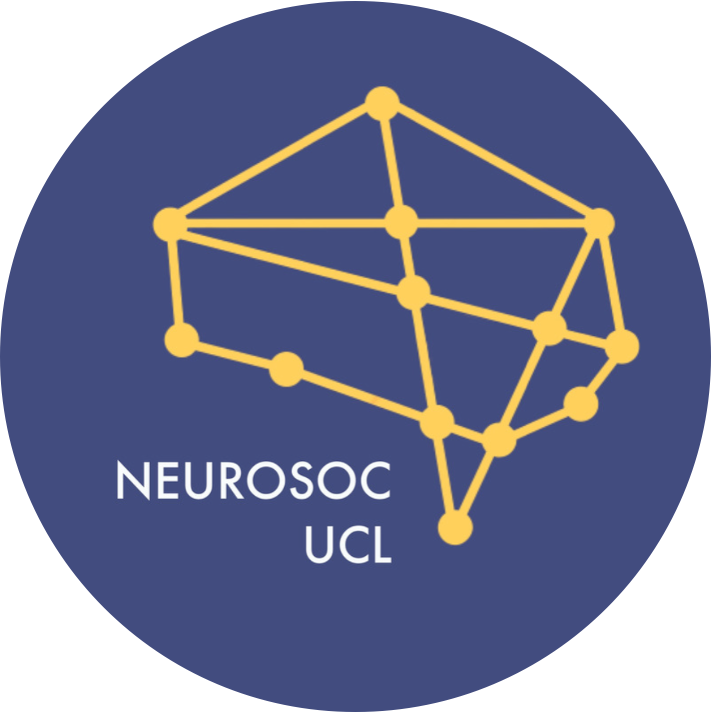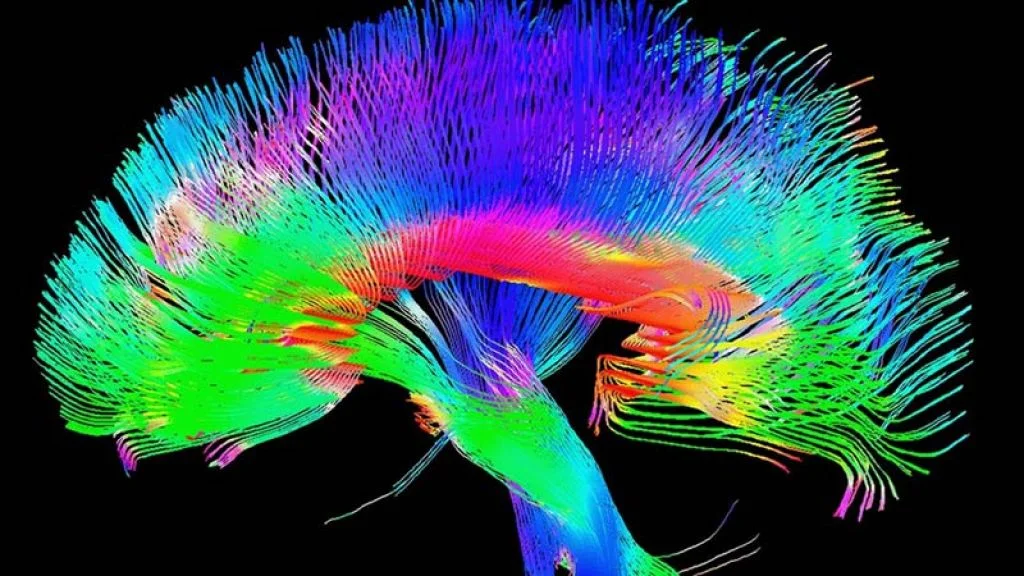Sex, Drugs, and Nobel Prizes…
This academic year has been full of intriguing talks on how the brain reacts to music, how to make the workplace less stressful, and the uses of AI in curing Alzheimer’s.
Be sure to follow our Facebook page and our newsletter for all of the latest neuroscience news!
This year’s events:
Meet and greet: pizza social!
The first event this academic year was our annual pizza in the park! Located in the gorgeous Gordon Square, a hoard of excited freshers came and enjoyed pizza with the committee and continuing members of the society. The tone of the society was set - students were brimming with ideas for talks and events. The enthusiasm shown was incredible!
September 2018
Talk: Neuroscience of Sex, Drugs and Rock’n’Roll
Our first talk of the year was given by the esteemed Professor Kringelbach of Oxford University. He took us through the idea of pleasurable activities interacting, and how this affects the brain. Are sex, drugs, and music really that different? Read some of Professor Kringelbach’s here.
October 2018
Talk: the Truth About Drugs
In collaboration with LSESU Neuroscience society, we are pleased to have co-hosted Professor David Nutt of Imperial College London. Professor Nutt is known for his controversial perspectives in regards to drugs, such as that alcohol and tobacco are more harmful than LSD, cannabis, and ecstacy. As well as being a professor of neuropsychopharmacology, Professor Nutt is also a former advisor to the UK government on drug policy.
October 2018
Talk: Spinal Repair - Letting People Walk Again
In November 2018, we were pleased to present our own Professor Ying Li, a professor of Neurosciences. Professor Li is the first research scientist to demonstrate the anatomical and functional repair of the damaged rat corticospinal tract by inserting olfactory ensheathing cells (OECs) at the site of injury. Her findings have led to major international efforts to explore the value of these cells in the treatment of spinal cord injuries. Read more about how Professor Li’s findings have led to the successful restoration of lower limb motor functions following a transplant procedure here.
November 2018
Symposium: Can work be less stressful?
The LSE and UCL Neuroscience societies were proud to present a two-hour symposium, “Can Work Be Less Stressful"?”, where all proceeds went to Mind, the mental health charity. A variety of perspectives were heard on the issue, from the economic to the scientific. Dr Teresa D’Oliveira (King’s College London) discussed how the current debate of mental health in the workplace tends to emphasise tertiary interventions without focusing enough on organisational and accountability for mental health.
Complementing that perspective, we were honoured to host Oliver Robinson from UCL, whose research work attempts to understand the underpinnings of emotional processing in depression and anxiety. Some of his work looks at whether it is possible to prevent the onset of these issues, which is undeniably relevant in an employment context.
To read more about one of our presenters, Soma Analytics, and the work they’ve done investigating how well FTSE100 companies manage employee wellbeing, click here.
November 2018
Talk: Curing Alzheimer’s with AI
In conjunction with LSESU Entrepreneurs society (and several others) we were pleased to present Ken Mulvany, the founder and chairman of BenevolentAI. Mulvany was previously the founder and CEO of Proximagen, a leading biotech company developing medicines for central nervous system disorders, which he later sold in 2012. Mulvany also sits on several advisory boards including the advisory panel to the UK government on AI and the Advisory Board for Oxford Sciences Innovations. He is a member of the All-Party Parliamentary Group on Artificial Intelligence, and formerly the Chairman of the Trustees of the Cure Parkinson’s Trust.
December 2018
Talk: James Rothman - Nobel Prize in Physiology or Medicine 2013
A passionate and tireless cell biologist, Prof. James Rothman received the 2013 Nobel Prize in Physiology or Medicine for his work on vesicle trafficking and fusion. His research is crucial for understanding phenomena like neurotransmitter secretion.
February 2019








